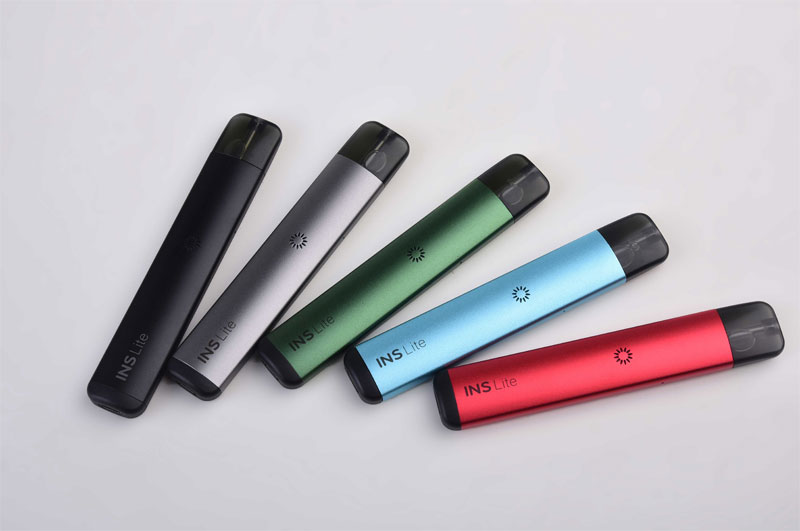In recent years, Vietnam has become a focal point for discussions around electronic cigarette regulation, with the country’s 2024 policies playing a pivotal role in shaping the landscape of tobacco alternatives. As vaping continues to gain popularity globally, Vietnam’s approach to e-cigarette regulation is a topic of considerable interest among consumers, public health experts, and industry stakeholders alike. This article delves into the multifaceted impacts of the 2024 regulations, exploring key aspects and potential ramifications.
Overview of Vietnam’s E-cigarette Legislation

E-cigarettes, often marketed as a safer alternative to traditional tobacco products, have sparked significant debate concerning their health implications and regulatory needs. Vietnam’s government has introduced new legislation aimed at controlling the use, sale, and distribution of e-cigarettes to safeguard public health. The 2024 regulation framework encompasses provisions such as age restrictions, advertising guidelines, import regulations, and more stringent licensing requirements for retailers.
Age Restrictions and Public Health
One of the pivotal elements of Vietnam’s e-cigarette regulation 2024 is the enforcement of strict age limits. By setting a minimum age for purchasing e-cigarettes, the government aims to prevent youth access and reduce potential addiction. Health experts largely support this move, highlighting its importance in protecting young consumers from the potential health risks associated with nicotine use. These restrictions are intended to create a healthier environment while balancing the interests of adult consumers and public health priorities.
Advertising Constraints
Another significant aspect of the regulation involves stringent advertising constraints. The government seeks to restrict how e-cigarettes are marketed, aiming to reduce their appeal among younger audiences. This involves limiting promotional activities that could mislead or entice vulnerable demographics. These advertising guidelines align with international standards and ensure that public perceptions about e-cigarettes remain informed and balanced.
Import and Sales Management
Vietnam’s 2024 regulations also tighten control over the importation of e-cigarettes, signaling a deliberate effort to manage market dynamics and ensure product quality and consistency. By enforcing rigorous import standards and sales management policies, Vietnam is poised to exert greater control over the e-cigarette market, fostering an environment of accountability and quality assurance. Such policies reflect the government’s commitment to consumer safety and its proactive stance on health regulation.
Impact on Consumers and Industry
The impact of these regulations on consumers and the vaping industry is multifaceted. On one hand, consumers may benefit from enhanced product safety and reduced exposure to misleading information. On the other hand, the industry faces challenges in adapting to these new regulations, as compliance may require significant operational adjustments and strategic shifts. These impacts create an evolving landscape that requires ongoing dialogue between stakeholders to ensure successful implementation and adaptation.
Frequently Asked Questions (FAQ)

- What are the penalties for violating Vietnam’s e-cigarette regulations?
The penalties can range from fines to more severe sanctions depending on the nature and scope of the violation, emphasizing the government’s zero-tolerance policy towards breaches.
- How do these regulations affect existing e-cigarette users?
Current users may face changes in product availability and marketing, but the regulations are primarily focused on preventing youth access and ensuring product quality.
- Why has Vietnam implemented these regulations now?

The rise in e-cigarette usage necessitated timely intervention to safeguard public health, mirror international standards, and address increasing public concern.
